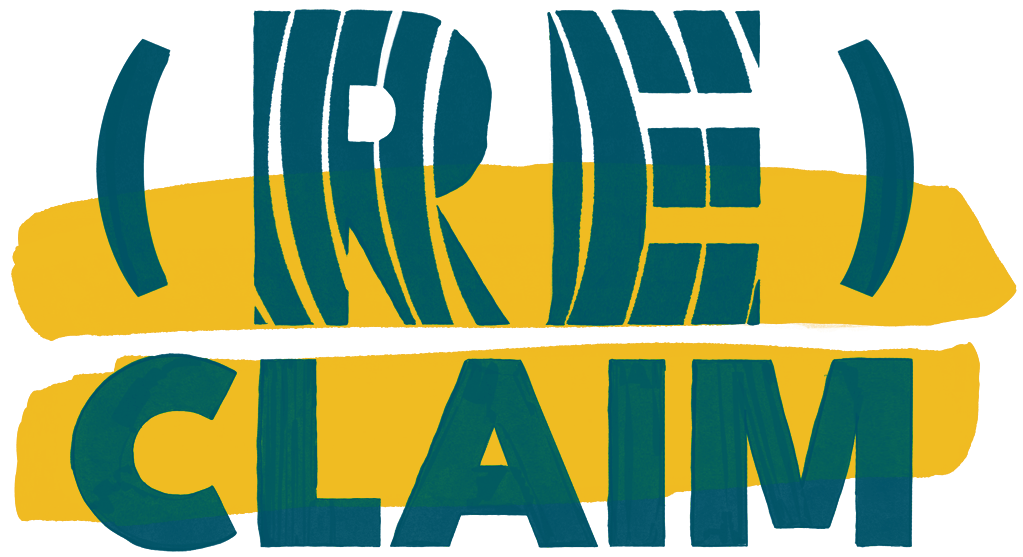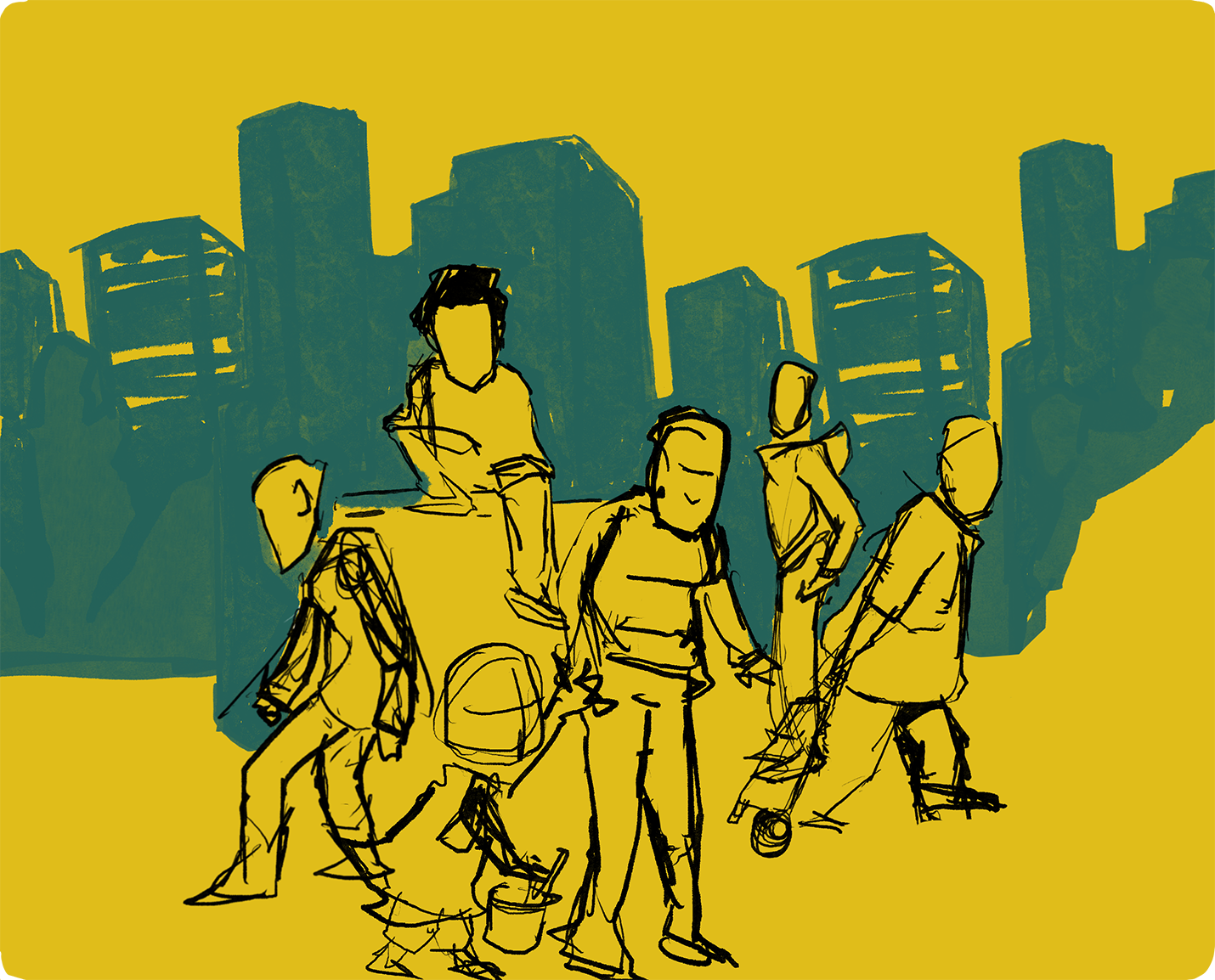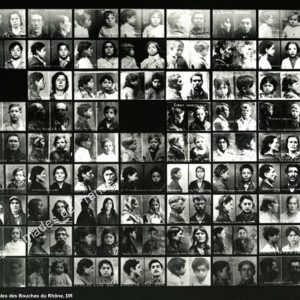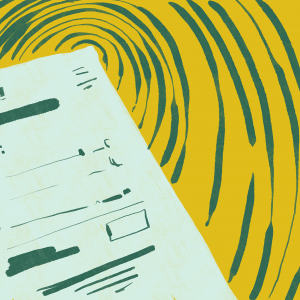September 17, 2024. Together with partners Maison Communautaire pour un Développement Solidaire (MCDS), Pazapas and Réseau Egalité Antidiscrimination Justice Interdisciplinaire (REAJI), (RE)Claim submitted testimony to the experts of the United Nations Human Rights Committee to inform their review of France that will take place in Geneva between 21 and 23 October 2024.
Our joint submission focuses on discriminatory identity checks and fines, providing factual information and analysis that will assist the Committee in assessing the France’s respect of the International Covenant on Civil and Political Rights.
In the first part of the submission, we discuss the robust evidence demonstrating the persistence of discriminatory identity checks and France’s longstanding strategy of perpetuating the status quo through refusing to collect and publicize transparent data about its police practices and claiming that any violations are exceptional practices of ‘rotten apples’ in the police force rather than systemic problems resulting from laws, policies and institutional practices and culture. The minimization of the problem by the French authorities adds to the violence and trauma of the victims. We stress the urgent need for measures to end this systemic problem.
In the second part of the submission, we describe the growing problem of discriminatory and abusive fines targeting low income, racialized populations, and their significant impacts. We also recommend that the French authorities:
– Decriminalize minor offenses that lead to discriminatory fines;
– Abolish the new “criminal” on the spot fixed penalty fine procedure (AFD), and take action to stop the trend towards criminalizing offences that should not fall within the scope of criminal law;
– Reform the procedures relating to these fines by applying the basic principles of criminal law;
– In a given territory, when there are elements creating a presumption of discrimination or abuse in the issuing of fines, draw the consequences of this presumption and cancel all fines issued in this same context;
– Cancel all debts related to fines that exceed 1% of a person’s income;
– Deal with the individual situations of minors through protection, prevention and education, rather than repression and criminalization, and prohibit the issuing of fines to minors;
– Collect and make public anonymized data on fines, broken down according to indicators that facilitate statistical analysis of their implementation in order to identify disproportionate, discriminatory or abusive applications against particular groups or segments of the population;
– Provide persons fined with clear information about the expiry date of fines, the amounts actually due, and the possibility of delays and adjustments;




